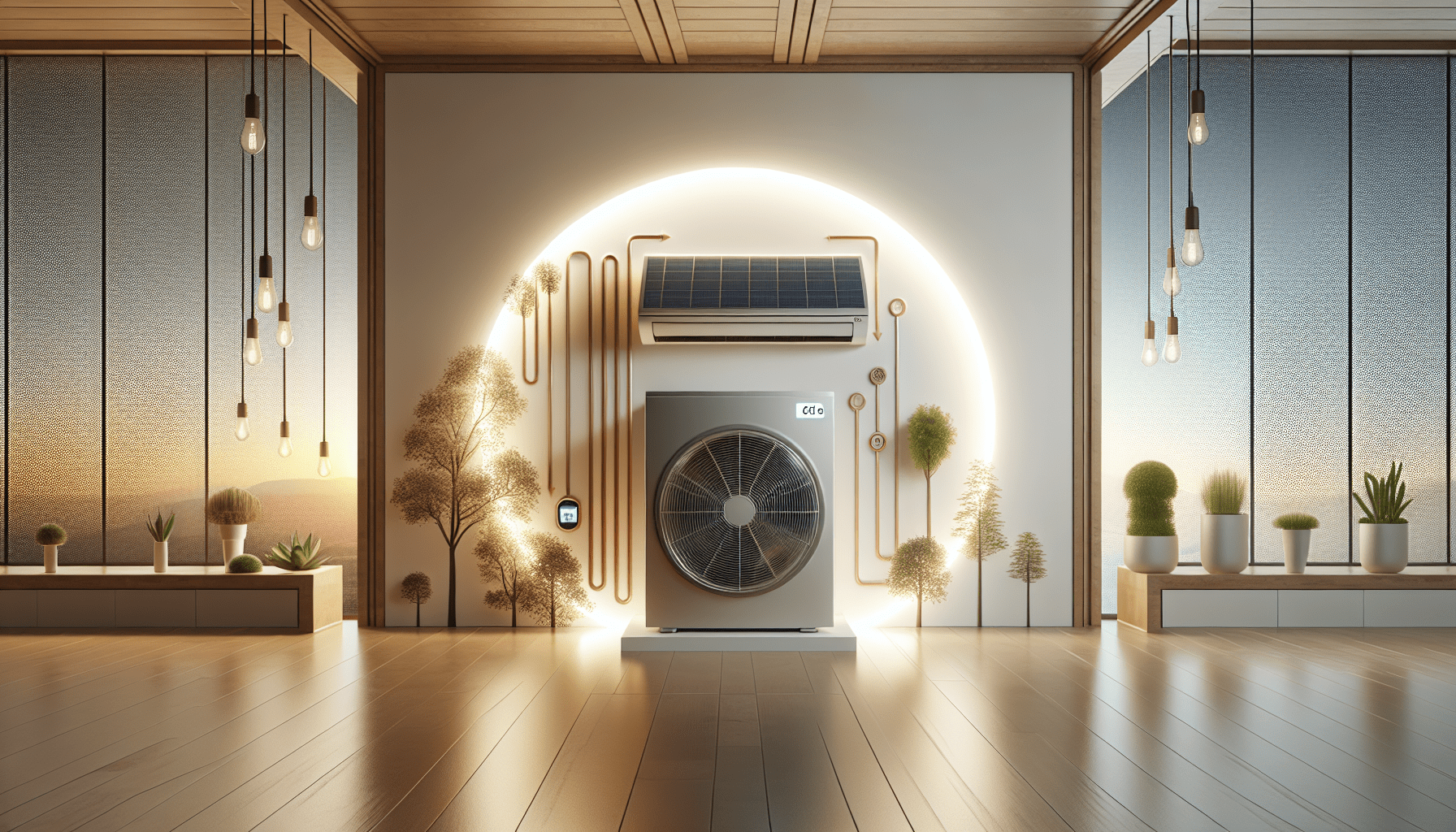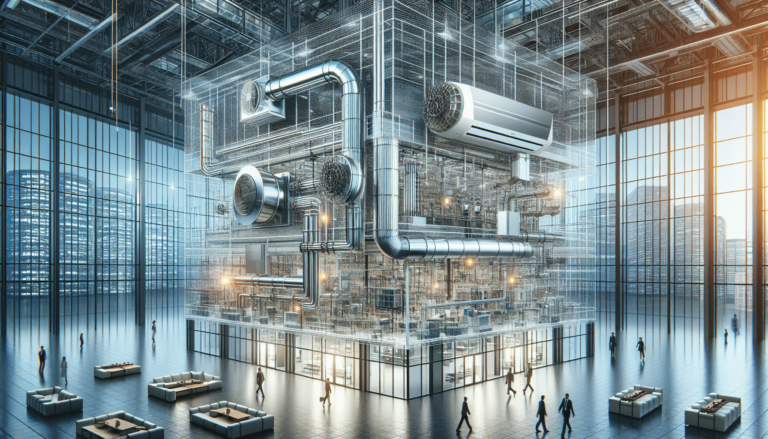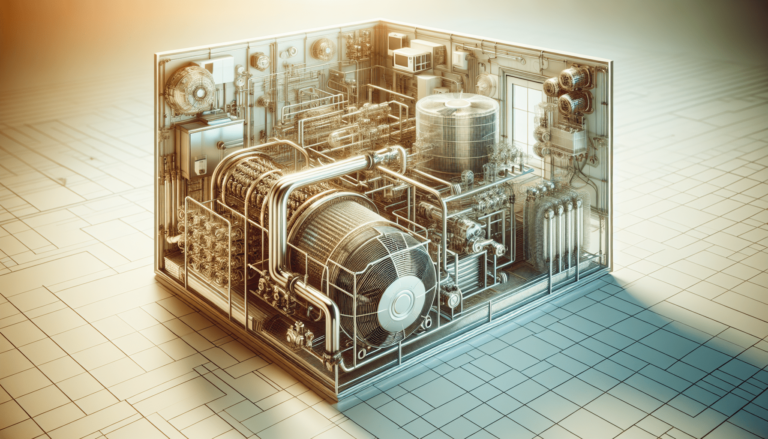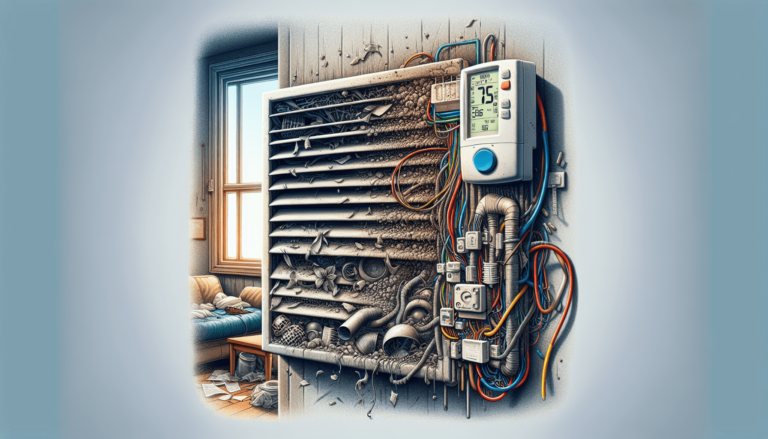

HVAC Services
Get Professional Repairs From The Area's Trusted HVAC Technicians. Ask About Our Services! We Offer Professional Heating & Cooling System Repairs And Guarantee Long-Lasting Results.
Got Question? Call us: (850) 678-2665Financing
Reducing HVAC Energy Consumption: A Detailed Guide
Discover practical steps to slash HVAC energy consumption and save on bills with this detailed guide. Embrace efficiency, lower costs, and live greener.

Have you ever wondered how much energy your heating, ventilation, and air conditioning (HVAC) system consumes? HVAC systems often represent a significant portion of a home or building’s energy budget. Therefore, reducing their consumption can yield substantial savings. Let’s explore the steps to efficiently manage this energy expense with a balance of detail and approachable advice.
Understanding Your HVAC System
What is an HVAC System?
You might have heard the term, but knowing what it includes is vital. An HVAC system controls the interior environment of a space, adjusting temperature, humidity, and airflow to ensure comfort. It typically comprises furnaces or boilers (for heating), air conditioners (for cooling), and ventilation (for maintaining air quality). Understanding each component’s energy demands helps in finding ways to reduce consumption.
Why Energy Efficiency Matters
You probably wonder why you should focus on making your HVAC system more efficient. The reasons are compelling. A more efficient system lowers energy bills and reduces your carbon footprint. A better-running unit enhances air quality, leading to a healthier living environment. With these benefits, you’ll not only feel financially relieved, but healthier too.
Steps to Reduce HVAC Energy Consumption
Routine Maintenance Checks
You’re likely aware that maintenance is crucial, but how often should these checks happen? Regular inspections by professionals can pinpoint inefficiencies before they escalate into costly repairs. Keeping your system in top condition ensures it runs smoothly and saves energy.
Optimize Thermostat Settings
If you have a habit of adjusting your thermostat frequently, it’s time to reconsider. Smart thermostats allow precise control, adjusting temperatures according to your schedule. Set it lower when you’re asleep or away, and you’ll soon notice the savings on your bills.
Seal Your Space
Have you ever felt a draft in your home? Poor sealing can let conditioned air escape, forcing your HVAC to work harder. Ensure windows, doors, and ductwork are properly sealed. This adjustment can prevent energy from being wasted.
Insulation
Think of insulation as your home’s coat. Without adequate insulation, your HVAC system has to work overtime to maintain temperature, burning more energy. Ensure your attic, walls, and floors are well-insulated for maximum efficiency.

Investing in Energy-Efficient Equipment
Recognize Energy-Efficient Models
Are you using an outdated HVAC model? Newer systems designed with energy efficiency in mind use less power. Look for units with high Seasonal Energy Efficiency Ratios (SEER) for air conditioners and high Annual Fuel Utilization Efficiency (AFUE) ratings for heaters.
The Advantages of a Programmable Thermostat
The idea of an optimal home temperature feels blissful, doesn’t it? Programmable thermostats can help you achieve this by maintaining comfort when you need it and conserving energy when you don’t. Set your thermostat to adjust automatically in sync with your daily routine, avoiding unnecessary energy use.
Alternative Energy Sources
Have you thought about solar power? Integrating renewable energy sources like solar panels can drastically cut down your HVAC energy consumption. This sustainable option not only lowers bills but also reduces reliance on the grid.
The Impact of Humidity on HVAC Efficiency
Dehumidifiers: A Hidden Helper
Did you know that moisture can make your AC work harder? By using dehumidifiers, you reduce the humidity that burdens your air conditioner. Lower humidity makes your home feel cooler without heavy AC use, saving energy in the process.
Optimal Humidity Levels
What should your target be for indoor humidity? Ideally, keep it between 30% and 50%. This range minimizes discomfort and reduces mold risk. Your HVAC system will require less energy if comfort conditions naturally hold steady.

Behavior Adjustments
Smart Usage Habits
Your daily habits can either conserve or squander energy. Close curtains during peaks of sunlight to maintain cooler temperatures indoors. Use ceiling fans to circulate air, which can make you feel cooler at higher temperatures.
Educate Household Members
Each person in your home has a role in energy conservation. Discuss practical energy-saving practices with your household members. A shared understanding leads to cooperative actions, amplifying your efforts in reducing HVAC consumption.
Future Trends in HVAC Energy Consumption
Smart HVAC Systems and Automation
Are you ready for the future? Smart systems are increasingly capable. They learn from your habits and adjust themselves to reduce energy waste. Embrace automation for convenience and efficiency you didn’t know you needed.
Legislation and Standards
New laws often lead to innovation. Keeping abreast of legislation around energy efficiency can save costs over time as manufacturers adjust and improve their models to meet these standards. Understanding these changes allows you to plan future upgrades or replacements wisely.
Case Study: Tempacure Heating and Air Conditioning
Overview
Tempacure Heating and Air Conditioning has implemented a range of strategies to reduce HVAC energy consumption effectively. With their years of industry experience, their approach offers a practical model for achieving energy efficiency.
Proven Methods
The team at Tempacure advocates for regular system tune-ups, smart thermostats, superior insulation, and education on usage habits. Each step, though individually simple, collectively delivers substantial reductions in energy use.
Results and Feedback
Clients of Tempacure report lower energy bills and higher system performance. They commend the company’s thoroughness in sealing ducts and optimizing system operations to significantly shrink consumption.
Summing Up
Reducing HVAC energy consumption is a multifaceted process requiring attention to equipment, habits, and strategies. With purposeful changes, you can significantly cut your energy use, leading to lower bills and contributing to overall environmental well-being. Your proactive steps make your environment—and the planet—a better place, one degree at a time.
While you might feel daunted by the challenge, tackling it step-by-step makes it manageable. Every action you take today plays into a more energy-efficient future, promising savings and sustainability for years to come.







